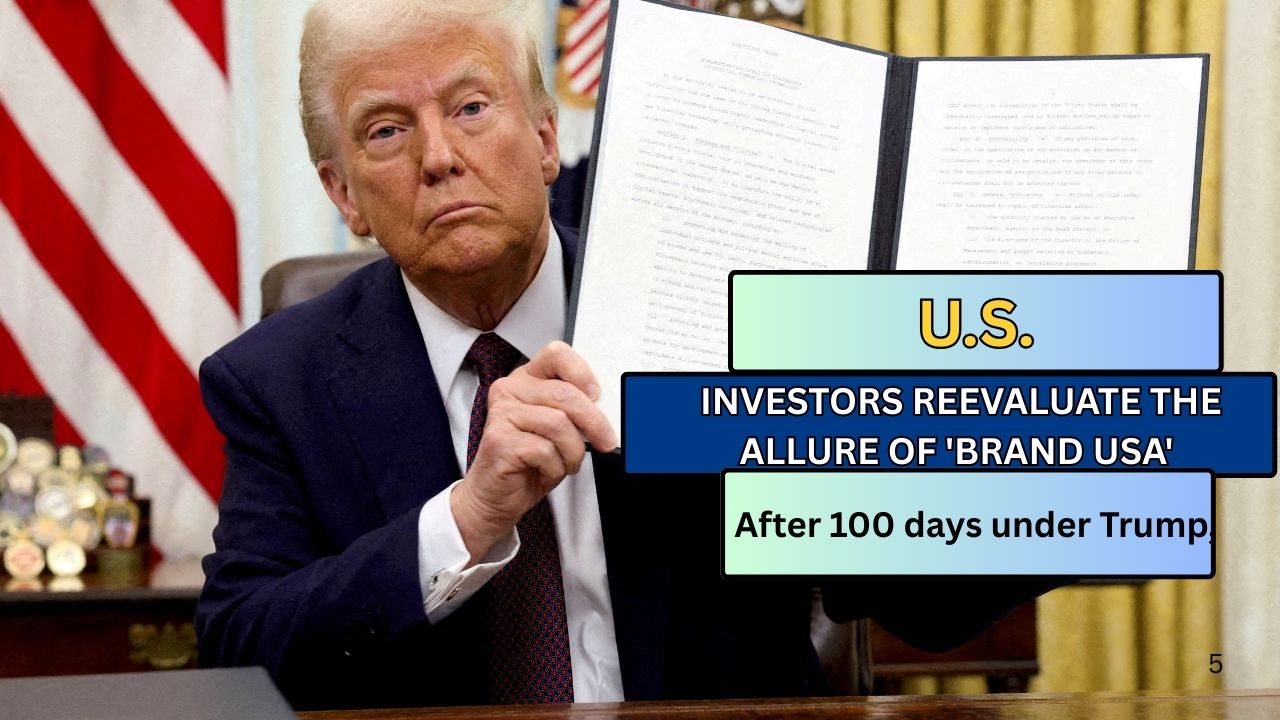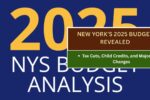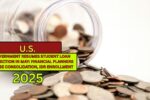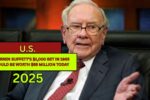NEW YORK, April 28 (Reuters) – Markets have been on a bruising rollercoaster during the first 100 days of the Trump administration, prompting some investors to pull back from American assets. However, it remains unclear whether these policies have triggered a lasting shift away from the United States.
While optimism around trade negotiations has fueled significant rallies, investors remain cautious about the durability and strength of any recovery in asset prices. Many are diversifying into international assets or ensuring they are not overly exposed to U.S. holdings as they seek greater policy certainty.
“The question of whether this has caused irreversible damage to the U.S. markets and economic system is the existential one, but we don’t yet have a long-term answer,” said Liz Ann Sonders, chief investment strategist at Charles Schwab & Co. “We know that it’s done a tremendous amount of damage and that our partners are questioning whether we’re reliable when it comes to trade or other things.”
A recent easing in trade rhetoric has helped equities rally close to their April 2 levels and sparked a modest rebound in the dollar. Still, nearly 100 days since Trump’s inauguration on Jan. 20, the S&P 500 (.SPX) has fallen about 8%, while the dollar index has slipped around 9%. April 30 will mark the administration’s 100th day.
Volatility has surged as investors worry that Trump’s global trade reforms could damage the U.S. economy, sparking a realignment. Criticism of Federal Reserve Chair Jerome Powell also triggered a sharp sell-off, raising fears over the Fed’s independence. Some investors fear the damage could run deeper.
“When you have a brand, you need to behave in a way that respects that brand,” said Kenneth Griffin, founder and CEO of Citadel, at a Semafor conference on Wednesday, emphasizing the administration’s need to protect U.S. Treasuries.
White House spokesperson Kush Desai reaffirmed the Trump administration’s commitment to safeguarding the strength and credibility of the U.S. dollar.
“Trillions in historic investment commitments since President Trump was elected from industry leaders including TSMC, Apple, and Roche demonstrate resounding confidence in the U.S. economy and dollar under this administration,” Desai said.
Mighty Dollar?
Strategists have found mixed signals regarding shifts away from U.S. assets, and opinions differ over whether U.S. dominance is truly at risk.
Jens Nordvig, founder of Exante Data, noted in a Thursday report that a “structural shift in asset allocations is in motion,” as investors globally are “searching for alternative reserve currencies.”
While Nordvig doesn’t foresee the U.S. dollar losing its reserve currency status, he pointed out that many investors are looking to reduce their USD exposure where possible.
For signs of de-dollarization, analysts will monitor global FX reserve compositions and the dollar’s role in global payments—a shift that could take years to unfold. IMF data show that the share of U.S. dollar holdings in global FX reserves dropped to 57.80% in Q4 2024, down from 66% a decade ago.
“An acceleration of geopolitical fracturing will, at the margin, persuade some central banks to speed up their diversification from the dollar,” said Gary Smith, client portfolio manager at Columbia Threadneedle Investments.
A recent selloff in the Treasury market, critical to the global financial system, raised concerns over foreign investor behavior. Though foreigners hold about 30% of the $29 trillion U.S. government bond market, analysts suggest evidence of a mass exit remains limited.
Oxford Economics said Thursday that market movements point to a broader retreat from U.S. assets by investors of all types.
Among those adjusting strategies is Spencer Hakimian, CEO of Tolou Capital Management, a New York-based macro hedge fund. His firm is raising its gold allocation and reducing its holdings in long-term Treasuries, saying, “we believe a crisis of confidence is now brewing for dollar-denominated safe haven assets.”
Evan Russo, CEO of asset management at Lazard, said during a Friday earnings call that he expects portfolios to continue shifting away from U.S. assets for the rest of the year.
“Global investing will continue to be a very prominent discussion,” Russo said.
Wealthy individuals are increasingly concerned, said Nuri Katz, president of APEX Capital Partners in Antigua, who advises clients on overseas citizenship. “A growing number of clients want to diversify their financial assets beyond the US, and that number is growing almost daily,” he noted.
Goldman Sachs’ portfolio strategy team estimated in a Thursday note that foreign investors have sold about $60 billion in U.S. stocks since early March, with European investors leading the retreat. A Barclays report echoed the trend but said “there is little evidence that U.S. hegemony has started to reverse for good.”
Some experts argue that recent asset shifts are part of a natural rebalancing after years of U.S. market outperformance.
“The US dollar was very highly valued for several years until recently, and an argument could be made that it’s just coming back to a more reasonable valuation,” said Todd Rabold, partner at Callan Family Office.
Jitania Kandhari, Deputy CIO at Morgan Stanley Investment Management, added that U.S. asset valuations were already stretched even before Trump’s tariff policies.
Many believe any movement away from the U.S. will be temporary, as America’s vast market size and liquidity will continue to attract investment compared to alternatives like Europe and China.
Tara Hariharan, managing director at global macro hedge fund NWI Management, emphasized that many aspects of “U.S. exceptionalism” remain strong.
“Over time, structural adjustments and business-friendly deregulation and fiscal policy should reinforce the comparative advantages the U.S. enjoys and ensure it remains a magnet for global capital in the coming decades,” she said.
This article has been carefully fact-checked by our editorial team to ensure accuracy and eliminate any misleading information. We are committed to maintaining the highest standards of integrity in our content.

Outside of work, he enjoys playing chess, following cricket, and writing short stories. His commitment to integrity and in-depth analysis strengthens OTE News’ mission of providing trustworthy journalism.




